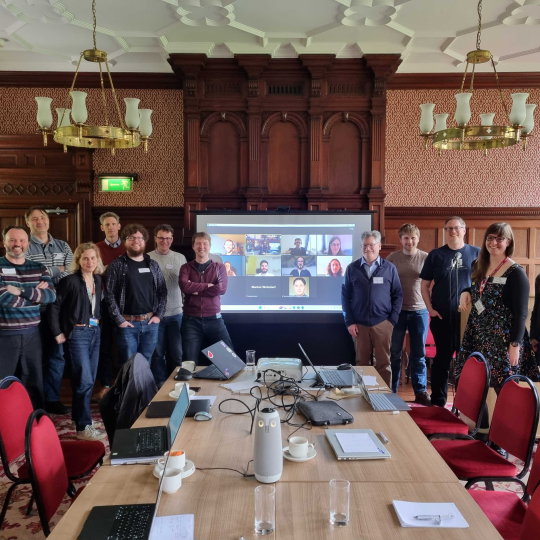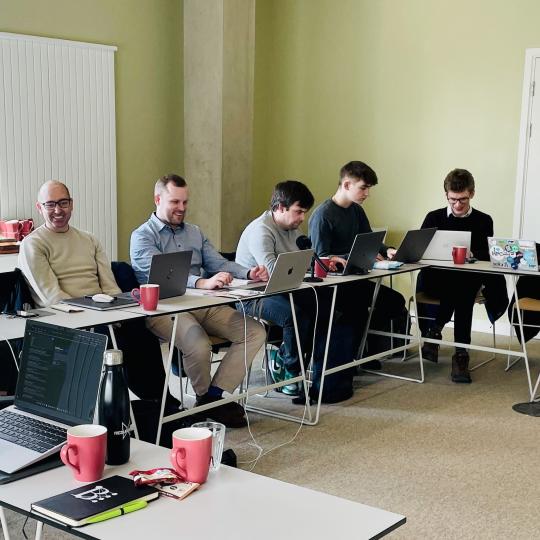Research Computing Services is home to a team of research software engineers who combine expertise in programming with an intricate understanding of the University research environment.
The team works in close collaboration with researchers, research groups and industry to design and produce high quality software that runs optimally on state-of-the-art high performance systems.
Services offered include
- Software engineering consulting
- Designing, extending, and refactoring scientific software in all subject areas
- Analysing and optimising existing scientific software
- Modernising legacy software
- Migrating existing applications to HPC
- Accelerating existing applications with GPUs
Recent probjects include
- Modernisation and GPU acceleration of the PROMPI stellar evolution code (via DiRAC)
- RADDISH: Implementation of a crowding agent based model in C++, OpenMP and MPI
- CVODE support in FEniCS
- Optimal parallelisation in CASTEP
- Optimisation of CASTEP on Intel's Knight's Landing (KNL) Platform
- ExoAI: Exoplanet Discovery via Deep Learning
- Distributed-memory parallelisation of TROVE (Theoretical ROVibrational Energies)
Recent publications include
Quantification and Selection of Ictogenic Zones in Epilepsy Surgery
Pushing the Limits of Exoplanet Discovery via Direct Imaging with Deep Learning
A Scalable and Modular Material Point Method for Large-Scale Simulations
The RSE team also delivers training and workshops on programming for compute-intensive research, as well as providing advice and consultancy. To discuss your needs email support@hpc.cam.ac.uk







